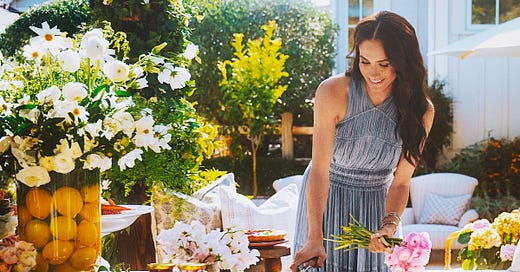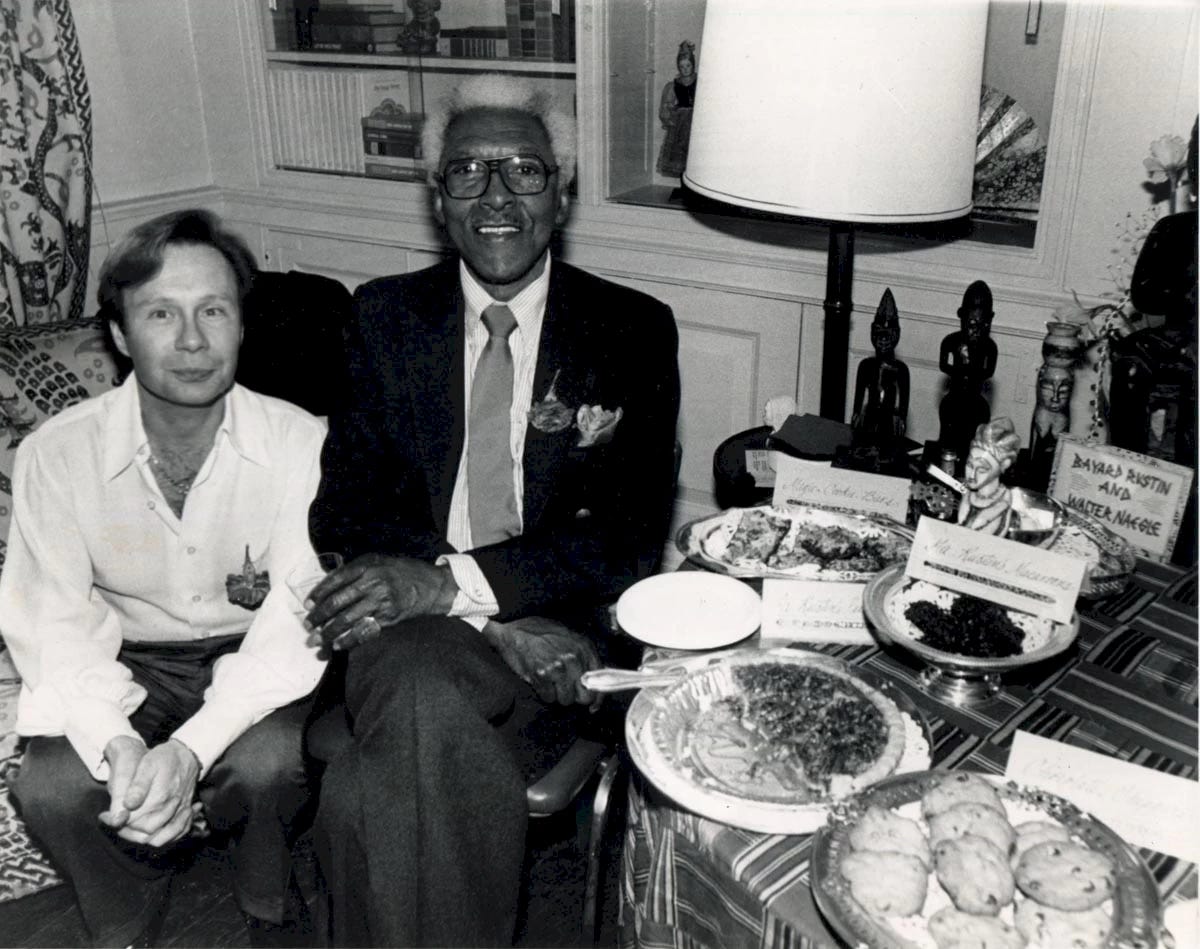Growing up, Sunday dinner was always a cherished post-church tradition that connected generations. My mother would rise early to prepare a feast while my dad guided us through our morning routines. Then, we would return home after the service and gather around the table, breaking bread, sharing stories, and laughing. This was the table where I discovered the flavors of my culture, where we engaged in conversation and felt love through food. We learned the fundamentals of hosting and how to foster connection and trust within our community.
As a broke college student living in the southern United States, I naturally continued that tradition with friends who understood it, but out of necessity. We would each bring a dish and pool our resources to enjoy a more substantial meal than we could afford on our own. In graduate school, I discovered that sharing a meal is a practice in many cultures. I learned to make pork dumplings from scratch and mix sauce for my first hot pot meal. During the pandemic, my family and I enjoyed many elaborate meals with drinks flowing, providing us all comfort while sharing resources during a time when each day felt uncertain.
Now, when chaos reigns, the Duchess of Sussex reminds us that breaking bread and the traditions surrounding shared meals are about much more than just feeding our stomachs. I love to cook and use that hobby as a way to decompress and find joy after stressful workdays. I explore flavors from my past and learn new techniques through recipes and cooking classes. When I discover new flavor combinations, I invite friends over to share and create space for our community. One of my favorite recurring date nights is when my partner and I exchange our cultures by cooking together.
As our world becomes more expensive, I’m reminded that it doesn’t have to become more divided. I honor my ancestors by breaking bread with others, bringing comfort, and sharing our daily lives. When I host, I emulate the dinner parties and traditions of my Gullah ancestry. I vividly remember the elaborate multi-course meals I helped prepare in my grandmother's West Palm Beach home. We spent a couple of days getting ready by washing plates and chargers and ironing table runners, confirming food deliveries, and making extensive grocery store shopping trips. This contrasts with the style of my North Florida grandmother, whose meals began with my grandfather fishing in the Gulf and picking vegetables from the family garden.
The soul behind these meals has always been to share what we have, create a welcoming space, and unite the community. This tradition of breaking bread has revealed to me the rich cultural history of Black Americans and instilled in me the confidence to occupy space in a world that might lead me to believe I am inherently less. My politics consciously resist the temptation to focus solely on individuality and instead center on a strategy rooted in communal dining. This Black American economic and political tradition honors the diverse paths and strengths of the people who compose our vibrant community. History shows that we flourish when our economic and political strategy is grounded in community building.
Recently, I watched a podcast where the hosts asked where Black folks can gather in an age when most don't attend church. When I hear this question, we should remember that movements have to start somewhere. Remember, slave laws forbade the enslaved from gathering because many feared their collective action. But they gathered, shared resources, and even mapped a path to freedom. That path wasn’t the same for everyone, but they shared a common goal of resistance. The Underground Railroad was a network of individuals who escorted small groups of people along a path to freedom. This is the story everyone knows, but there were several slave rebellions and more than one route to freedom.
As a big-picture thinker, I understand the desire to pursue significant goals quickly. However, we can learn from those who came before us and use our homes to create that third space. The traditional dinner table serves as a place to bring people together. This could involve gathering in a public park and spreading a tablecloth over a picnic table. You might invite everyone you know to a community center for pizza.
Coming together with people you know, learning from one another, and providing safe spaces for each other are just as crucial to resistance as marching in the streets. Breaking bread together is how we share resources for economic relief and resilience. Those conversations allow us to listen to each other, think outside the box, and develop demands for political action.
As spring arrives and the U.S. economy becomes more unstable, I’m reminded to share meals with those around me. This week, I invited my friends over for a traditional Southern dinner, where I intend to honor my ancestors with a meal featuring low-country red beans and rice accompanied by cornbread. We’ll discuss our lives and how politics impacts our finances, providing comfort that will gradually lead to strategic conversations—one small gathering at a time.
Until next time







